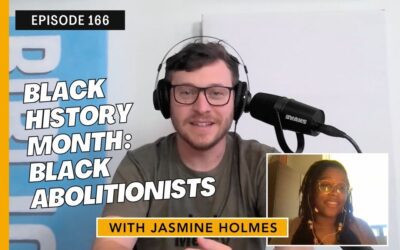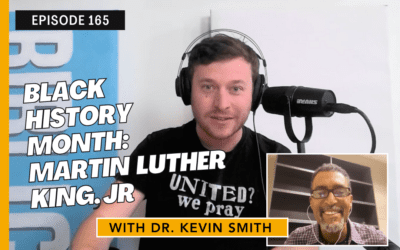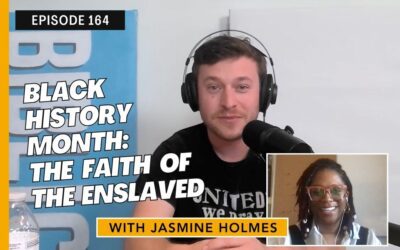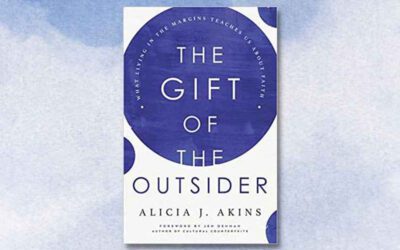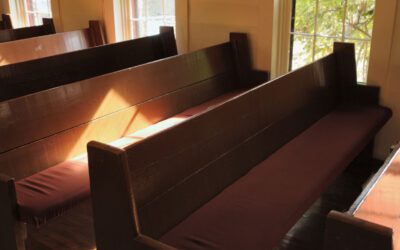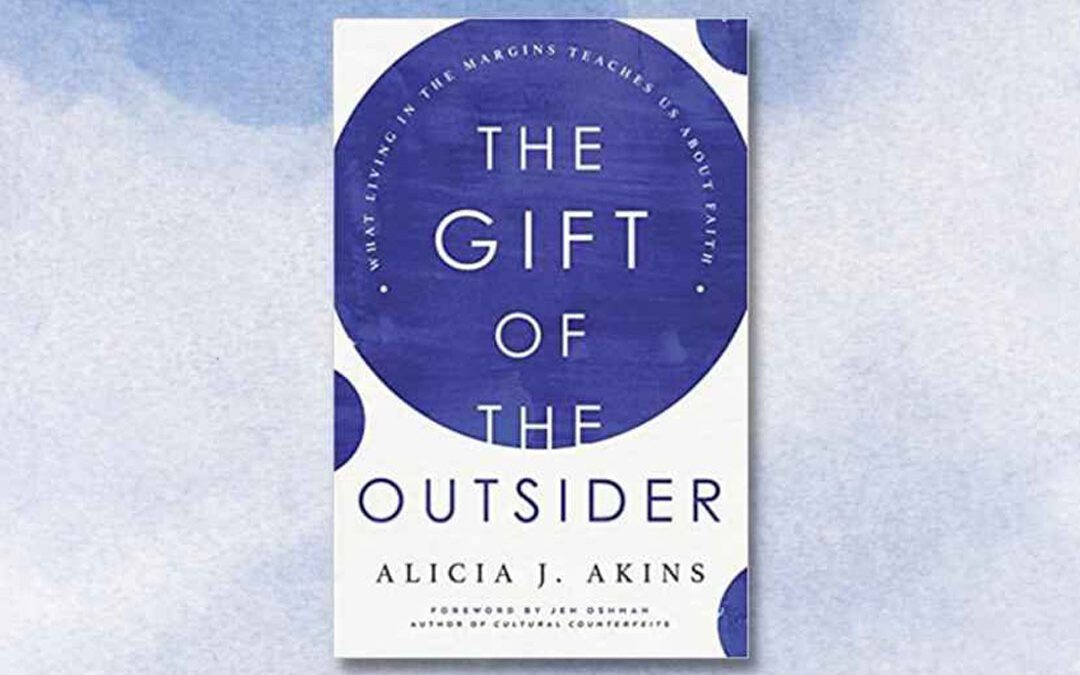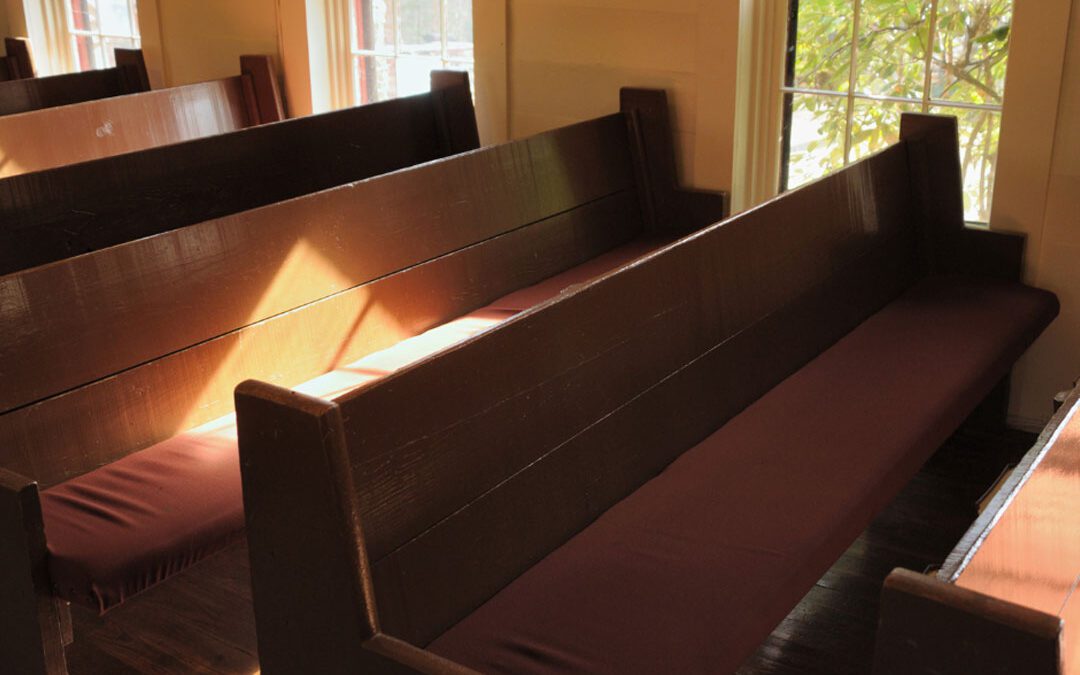A seminary professor told me that the three most controversial letters in Evangelicalism are “CRT.” If you Google the acronym, you will find an overwhelming amount of information, much of it conflicting, about Critical Race Theory.
How should Christians think about Critical Race Theory (CRT)? Is it a helpful influence, a fresh perspective, a poison pill, or some mixture of them all?
This is the first in a four part series I’ll be posting about CRT. My goal in this is not to give you an exhaustive exploration of CRT and its implications. I just want to set some guardrails.
What is CRT?
There are many definitions or summaries of CRT. Just look at the many curriculum bans being approved in school districts. Whenever possible, I find it helpful to let folks speak for themselves. Richard Delgado and Jean Stefancic, CRT scholars, explain their field as a “collection of activists and scholars engaged in studying and transforming the relationship among race, racism, and power. The movement considers many of the same issues that conventional civil rights and ethnic studies discourses take up but places them in a broader perspective that includes economics, history, setting, group and self-interest, and emotions and the unconscious.” (1)
Notice this description is more an approach to study than a statement of faith. That might drive some of us crazy because we are used to detailed lists of affirmations and denials. I do not think such a definition of CRT is possible. While there may be shared opinions between scholars, we need to be very careful not to paint with too broad a brush when summarizing such a complex field of study, saying things like, “CRT teaches _______ .” Such statements fail to grasp how large and diverse the field is. Perhaps a scholar engaged in CRT makes a specific claim. That doesn’t mean everyone in the field has reached the same conclusion. In fact, you can probably find another critical race theorist who makes a contradictory claim. For this reason, when evaluating specific ideas, it is fairer to all involved to speak of the specific critical race theorist making the claim rather than assuming everyone else in the field shares the same opinions.
What should we do with it?
CRT is complicated. Many have argued that we need to reject CRT as a framework but should learn from its insights. The Southern Baptist Convention adopted a resolution in 2019 making this point. While I think that’s basically right, it’s not quite that simple.
Some in this conversation take great pains to point out what they see as a foundational incompatibility between Biblical Christianity and CRT. Others who disagree are more willing to see where CRT leads and evaluate whether certain conclusions are consistent with Christianity.
I fear that too often Christian conversations about CRT engage the issue at the wrong level. We talk about CRT as a complete unit, as if it’s something we either need to accept or reject in total. Answering that question might be helpful if CRT were some kind of unified field. Or if it was only discussed in law school classes. But because the field is so broad and diverse, rejecting it altogether rather than discerningly engaging it will cause unintended problems. And that is what I want to help us do with this brief series: to begin to discerningly engage with CRT.
Avoiding Pitfalls
One of those unintended consequences of failing to discerningly engage is that we cut off relationships by becoming little more than language police. We will find ourselves unable to participate in conversation or learn from people outside of our own bubbles because others have different frames of reference or use different language.
Consider the following exchange between two Christian sisters:
Molly: “I’ve really been confronted lately with my own white privilege.”
Sarah: “You know, you shouldn’t say that. That phrase has Marxist origins that are incompatible with Christianity.”
Sarah rightly wanted to guard her Biblical worldview. But she engaged neither Molly nor her idea. What did Molly mean by white privilege? Did she mean that she believed herself personally culpable for all injustice ever committed by white people? Or did she mean she is realizing how little racism had mattered to her in years past? Sarah will never know. The conversation is over.
If this is our approach, we will dismiss true things said by critical race theorists because we judge the individuals and their language to be too ideologically impure. We fail to discerningly engage.
Christians should be willing to learn from folks outside our own theological tribes. Conversations on racial justice began long before many white Christians were interested. The American church’s terrible track record on race and racism demonstrates that we need help from people who have been working on the problem, even if we don’t always like all the ways they’re going about it or the words they’re using.
This is just a brief introduction to set the stage for where we hope to go. This series will not be a masters-level study, but hopefully we can dip our toe into discerningly engaging CRT. The next post will explore some ways critical race theorists can help Christians. My prayer is that we will be helped to be good conversation partners and discerning disciples of Jesus.
Click for part two, part three, or part four of the series.
(1) Richard Delgado and Jean Stefanic, Critical Race Theory: An Introduction, 3rd ed. (New York: New York University Press, 2017), 3.
Prayer Requests:
- The CRT discussion is not going away. Pray that Christians would be both discerning and loving in the ways we engage.
- Pray that Christians would guard the integrity of our faith, even from our own experiences, biases, and blind spots we have.
- Pray that Christians would be humble enough to learn from non-Christians, recognizing God’s common grace.


